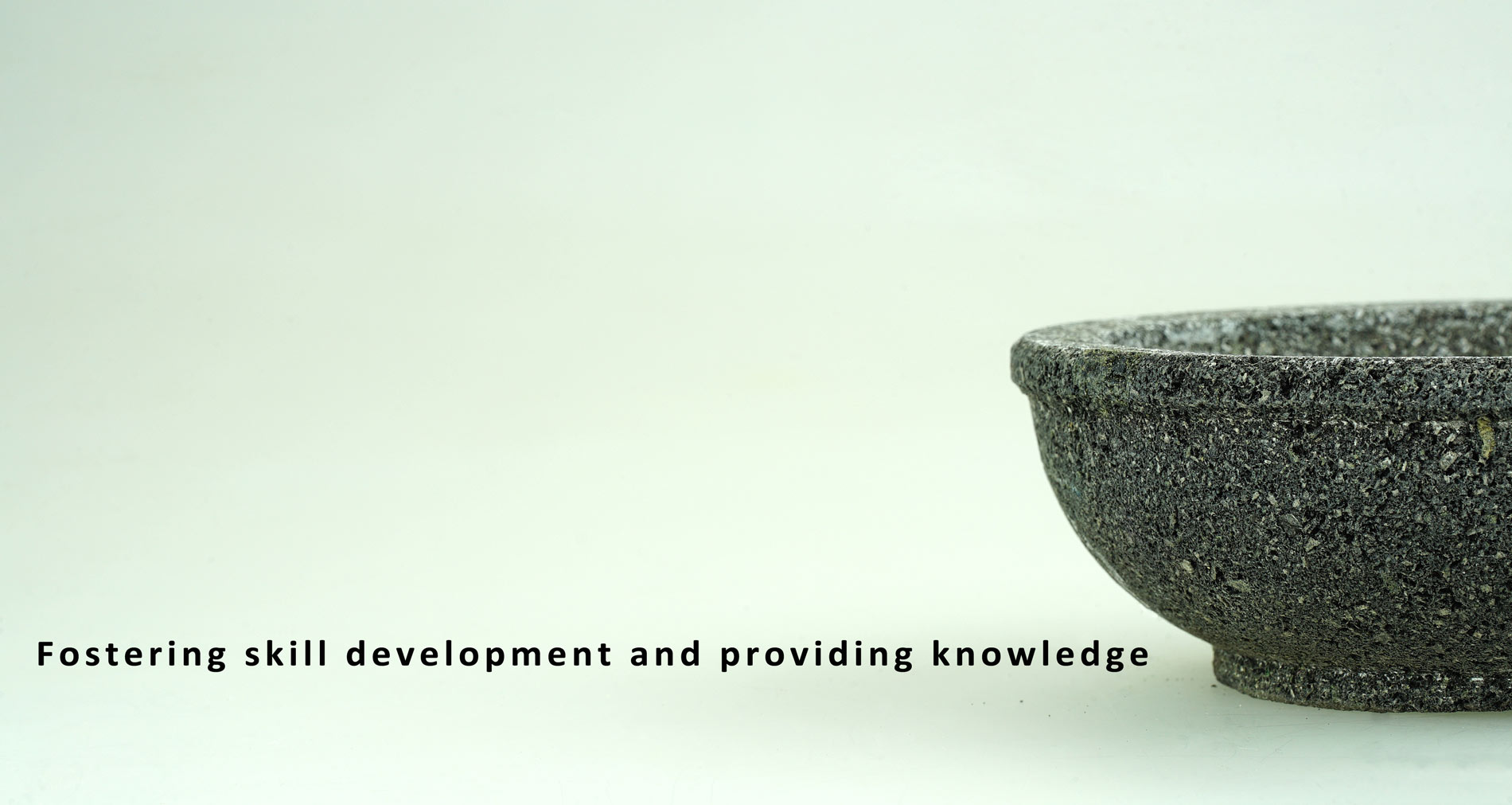Customized Training
Filling the Open Space, LLC specializes in assessing client needs, identifying training objectives and designing and delivering customized trainings to government and community-based human service agencies.
For the adult-learner, trainings that provide knowledge and opportunities for skill development with focused feedback are the best approach when implementing new practices or systems within an organization. Whereas, trainings that are led with a facilitative style are best when the objectives center on creating consistency, improving communication or building relationships across organizations. Our highly qualified, knowledgeable instructors are experienced in both approaches and expertly employ a myriad of skills to address learning needs in the classroom.
Whether agencies need a refresher on rarely-used skills or training on new processes, we work with clients to develop and deliver tailor-made solutions. The needs assessment is a critical step in this process as we identify specific training goals and learning objectives. From there, the customization takes into consideration the needs of training participants at all levels and from all backgrounds, the policies and practices of the agency, the identified objectives and any performance gaps that need to be addressed. We work with clients prior to and after the training to support the transfer of learning from the classroom to the job and evaluate the delivery along the way.
On-site, online and hybrid training modalities are available, but many topics are best suited to in-person training environments. Regardless of the modality, all our trainings incorporate exercises and activities to foster active participation and support retention. We also ensure that our trainings are culturally-relevant and that considerations are made for the organizational culture of the client agency.
Trainings can address the following sampling of common areas and topics:


